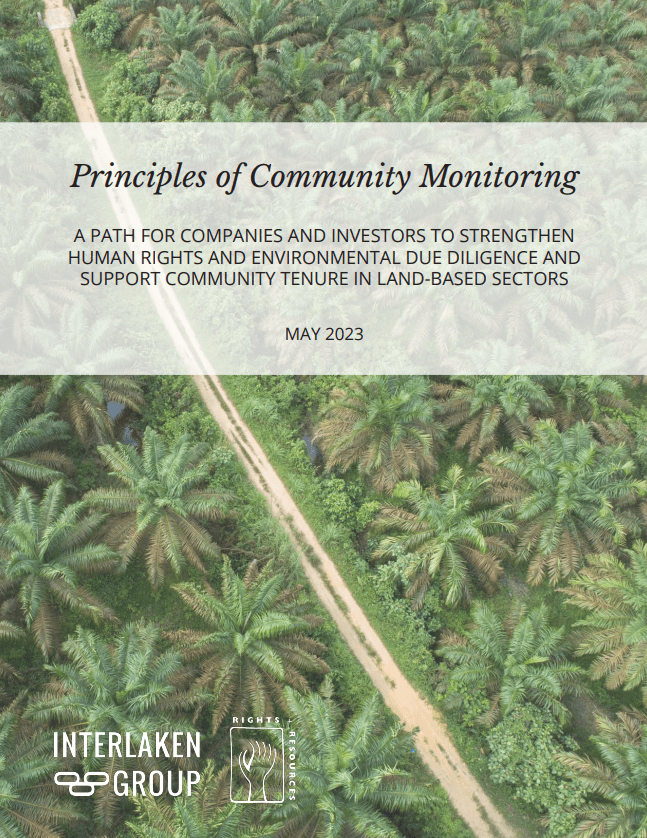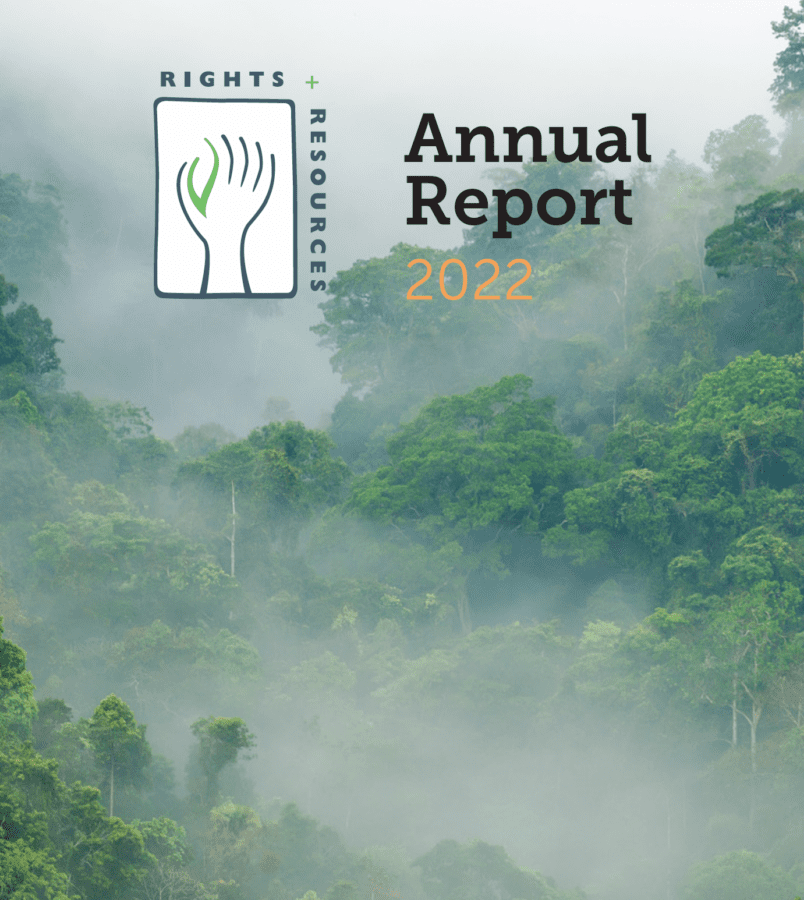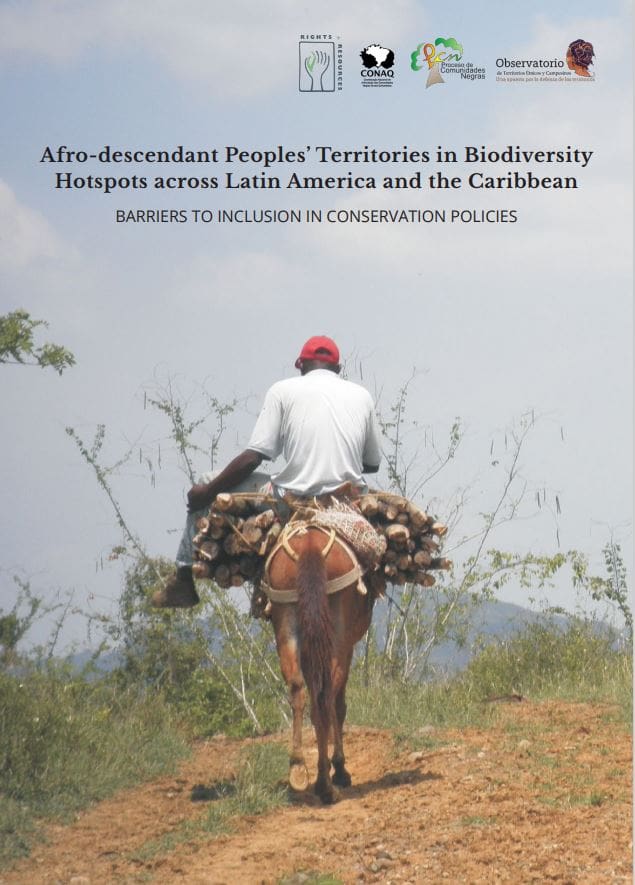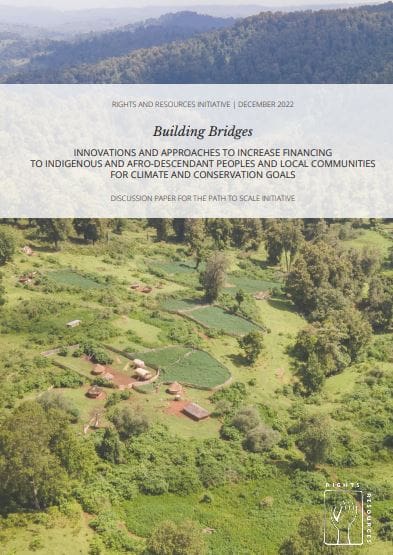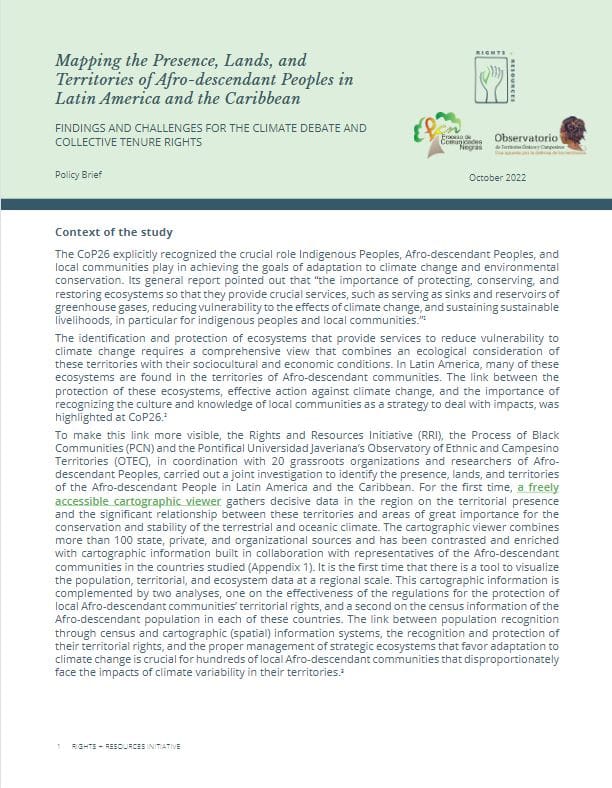This document shares emerging ideas, principles, and good practices to socialize the concept of community monitoring among companies and investors in land-based sectors, as well as outline steps they can take to meaningfully engage with Indigenous Peoples, local communities, and Afro-descendant Peoples to monitor and respond to the potential environmental and human rights impacts of their operations, supply chains, or investments.
This report gives a snapshot of just some of our coalition’s pivotal successes that give us hope and vigor, particularly as we embark upon our new 5-year Strategic Program.
Afro-descendant Peoples’ Territories in Biodiversity Hotspots across Latin America and the Caribbean
This study seeks to raise awareness of the territorial presence of Afro-descendant Peoples in 16 countries in Latin America and the Caribbean. Although Afro-descendant Peoples in the region have been fighting for a place in international climate and conservation debates, not having defined boundaries for their ancestral lands has been an obstacle to adequately establishing how important their territories are for protecting biodiversity.
The engagement of Indigenous Peoples, Afro-descendant Peoples, and local communities must be driven by their self-determination and potential as main actors in a multifunctional transformation process. This process must be grafted on climate change mitigation and adaptation, nature and biodiversity conservation, landscape restoration, radical food systems change, the empowerment of women and youth, as well as land and resources conflict management.
Indigenous Peoples, local communities, and Afro-descendant Peoples must be recognized and supported as key actors and leaders in combatting climate change and conserving the Earth’s natural diversity to have any hope of reaching global climate and biodiversity goals. This paper provides an initial overview of emerging experience with “fit for purpose” approaches to channel resources at scale to collective rightsholders and their supporting organizations to conserve and manage forests and rural landscapes.
In coordination with 20 grassroots organizations and researchers of Afro-descendant Peoples, RRI, PNC, and OTEC carried out a joint investigation to identify the presence, lands, and territories of the Afro-descendant People in Latin America and the Caribbean. For the first time, a freely accessible cartographic viewer gathers decisive data in the region on the territorial presence and the significant relationship between these territories and areas of great importance for the conservation and stability of the terrestrial and oceanic climate.

